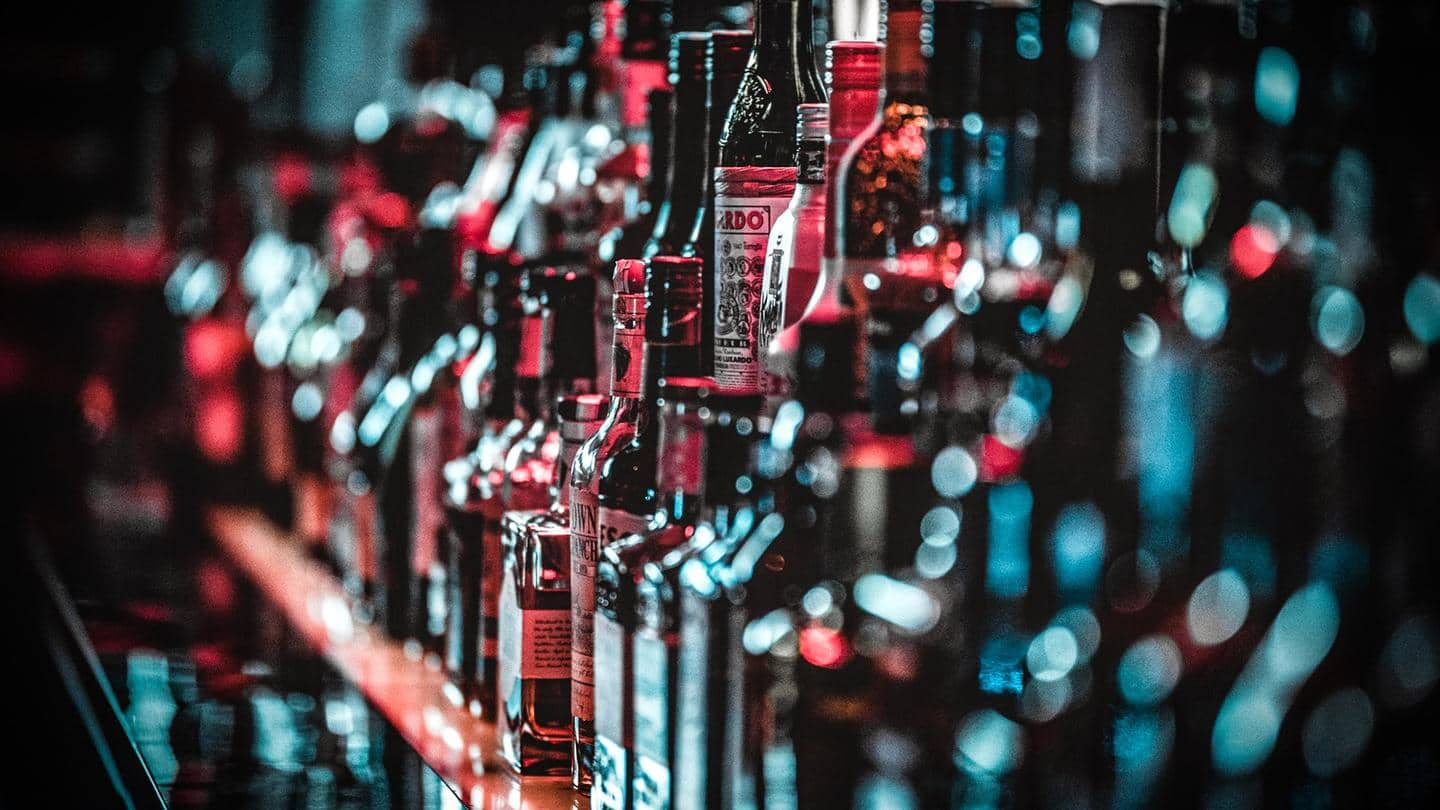
Bars open till 3 am, microbreweries promoted: Delhi's liquor policy
What's the story
The Delhi government made its excise policy for 2021-22 public on Monday with the aim to clean up malpractices and user experience.
Notably, the policy was only made public after Delhi's liquor traders' association questioned the delay in uploading the document.
The city government had approved the policy earlier this year in May. Here are the key policy changes explained.
Privatization
New policy allows private players to serve active role
Under the new policy, the government will no longer serve an active role in retail liquor trade as it previously did through undertakings such as the Delhi Consumer's Cooperative Wholesale Store Ltd (DCCWS) and the Delhi State Industrial and Infrastructure Development Corporation (DSIIDC).
This will allow private players to step into the liquor trade and pave the way for the closure of government-run stores.
Bars
Bars to remain open till 3 am
The new policy extends the timings for bars in hotels, restaurants, and clubs till 3 am.
The new timings will be applicable to all but those licensees that are allowed round-the-clock services.
The policy also allows serving liquor in open spaces such as terraces and balconies.
Further, it allows microbreweries to supply draught beer, either directly to bars and restaurants or for takeaway services.
Quote
Draught beer's short shelf life should be mentioned clearly
"Wherever draught beer is being served as a takeaway, clear signage and information will be needed to put up about its short shelf life and the bottles will have to mention the expiry date clearly," the policy stated.
Vends
Vends to have 'walk-in experience;' no crowding outside
To enhance consumer experience and in view of COVID-19 norms, the new policy prohibits crowding outside liquor stores, including at the counter during purchases or on the pavement.
The stores should provide a "walk-in experience" and each store should be well-lit, air-conditioned, and shall have glass doors.
Licensees must ensure no snacks/food outlet opens right outside to prevent drinking and loitering around the shop.
Vends
Separate licenses for high-end super premium vends
Separately, licenses will be issued for five high-end super-premium vends.
These stores will span over 2,500 sq m and will be allowed to sell "products only above Rs. 200 for beer and above Rs. 1,000 retail price for all other spirits, including but not limited to whiskey, gin, vodka, brandy, etc."
These stores may also sell cigars, liquor chocolates, bar glasses, etc.
Vends
Each ward to have average 3 liquor stores
Every municipal ward in Delhi shall have an average of three vends.
There are 272 municipal wards in Delhi, which have been divided into 30 zones. Every zone (which includes nine to 10 wards) will have up to 27 vends.
The total number of 849 stores will be maintained, however, they will be more evenly distributed now. Under prevailing arrangements, 276 stores are privately-run.
Age
No mention of reducing legal age limit
Although Delhi Deputy Chief Minister Manish Sisodia had said in May that the legal age for drinking in the national capital will be reduced from 25 to 21, there is no mention of it in the new excise policy.
Sisodia had said that "the legal drinking age in Delhi should be the same as that...in Uttar Pradesh (where the legal drinking age is 21)."